Teff is the gluten-free cereal super nutritious that is winning fans all over the world. But does its consumption only brings benefits? Of course not! Learn everything on the new darling of diets here at Eat Innovation.
Teff (Eragrostis tef) is a cereal consumed for centuries in Ethiopia, but that only now, became famous and pulled the development of many new products. Why the sudden fame? I explain: it is a gluten-free cereal, which replaces successfully barley-wheat in several applications.

Grains
It has an excellent balance of amino acids (including all 8 essential amino acids for humans), high content of fiber, calcium, iron, zinc, among others. Assists in the control of diabetes and prevention of colon cancer. It has a good potential to be used in foods and beverages in the world, being a promising ingredient for the industry.
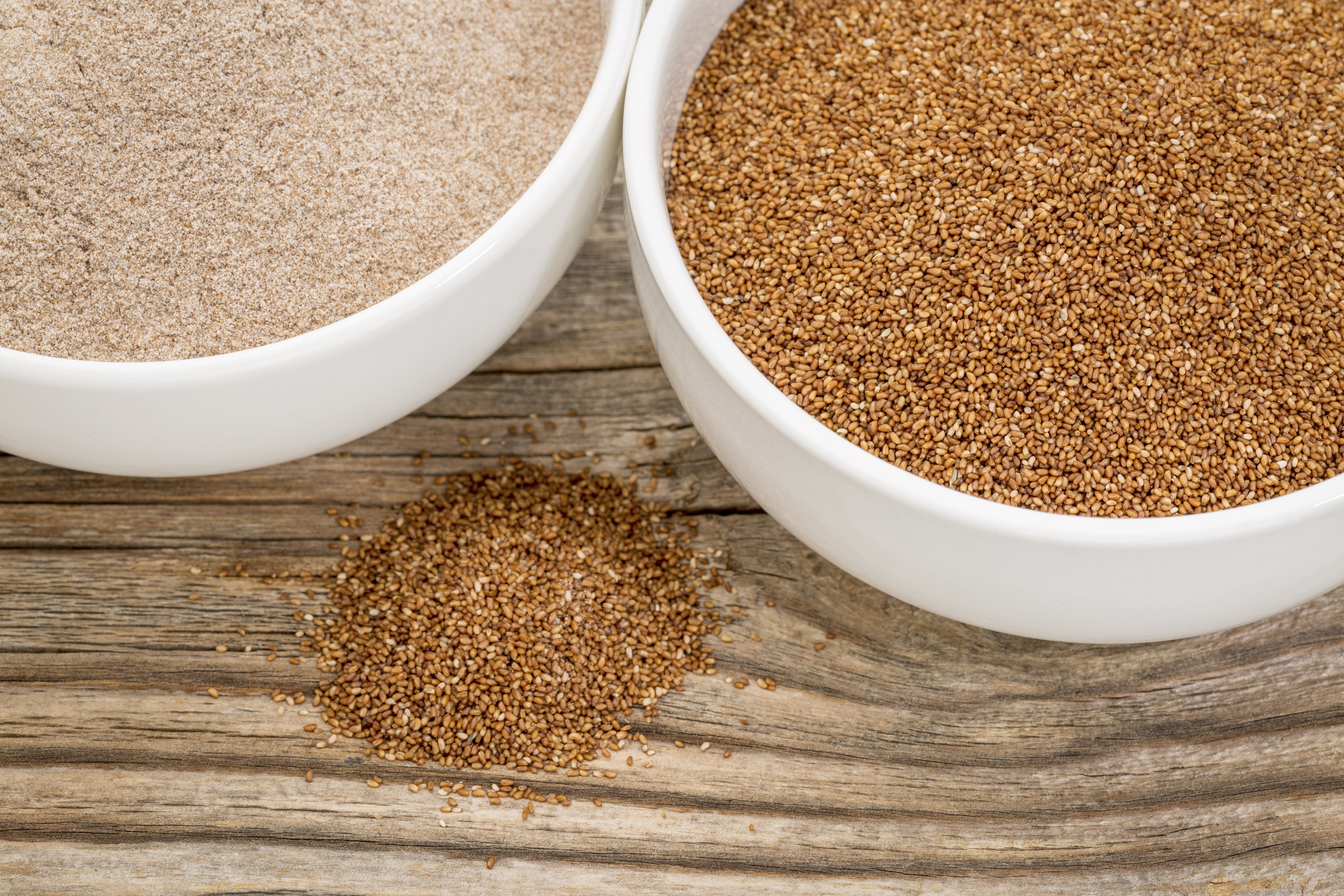
Flour and grain
It is versatile, can be eaten raw as a snack, added to drinks and yoghurts as a breakfast cereal, as a basis for a “vegetable milk” and even roasted like a popcorn. In addition to use as a basis for the production of beer and flour to bread, pasta and cereal. It’s considered “the new quinoa”.

Bread (Teffcom)
But not everything is great, this growing demand brings some problems. This is the most important cereal in the feeding of the Ethiopians and the increase in sales to other countries caused the domestic price fired, making it inaccessible to the local population. The Government has blocked exports. Currently there are some plantations in Israel, Portugal and Greece. The same phenomenon occurred with the quinoa, which profoundly affected the population of Bolivia, however there was no intervention and many do not consume more because they can’t pay.

Pasta (Orders at Borders)
“Colombization” is the name given when the West “discovers” something that other people already known for centuries (in reference to when Christopher Columbus “discovered” America, but found that native people have lived on this earth). Quinoa, coconut oil, the Peruvian maca, so many other products were also “colombized”.
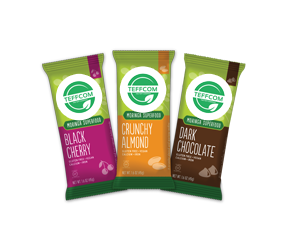
Bars, ideal for snack (Teffcom)
The sudden popularity still cause other problems in addition to dietary imbalance (in Peru the quinoa already costs more than chicken!). There is loss of diversity in agriculture that ceases to produce varieties to devote himself to the most sought after food monoculture. And yet unscrupulous practices such as deforestation, land appropriation and exploitation of the worker.
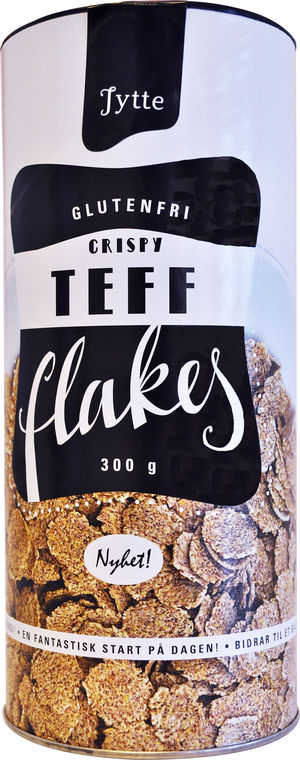
Breakfast flakes (Kolonial.no)
Is a worrying example of “exchange between cultures, with well-meaning consumers moved by ethics and health to create unwittingly poverty across the world.”
How to make this trade good for both sides?
Controlling the exploration and exportation, giving limited licenses to companies, overseeing illegal trade, educating farmers to upgrade their techniques and have greater productivity, increasing production, but responsibly.
Then we will have more food for everyone and of course, more innovative products will emerge.
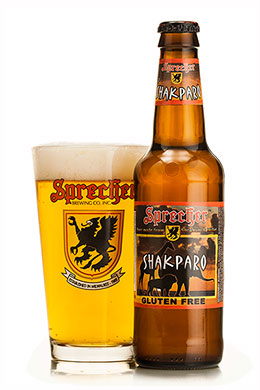
A toast. with teff, beer of course! (Sprecher Brewery)
References: Honestly Healthy, The Uniplanet, The Guardian

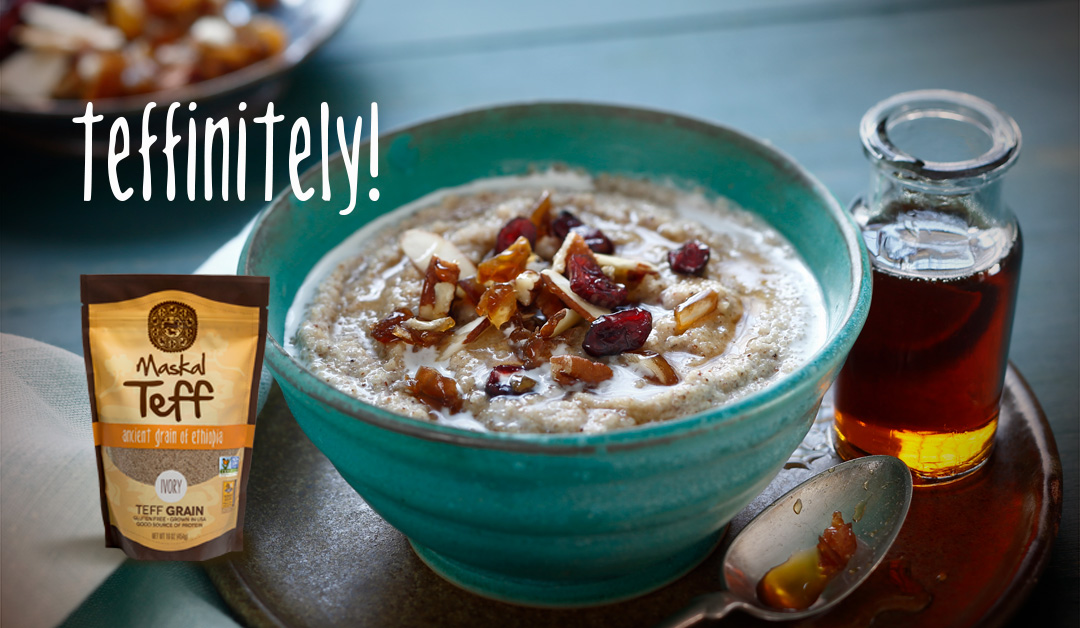

COMMENTS